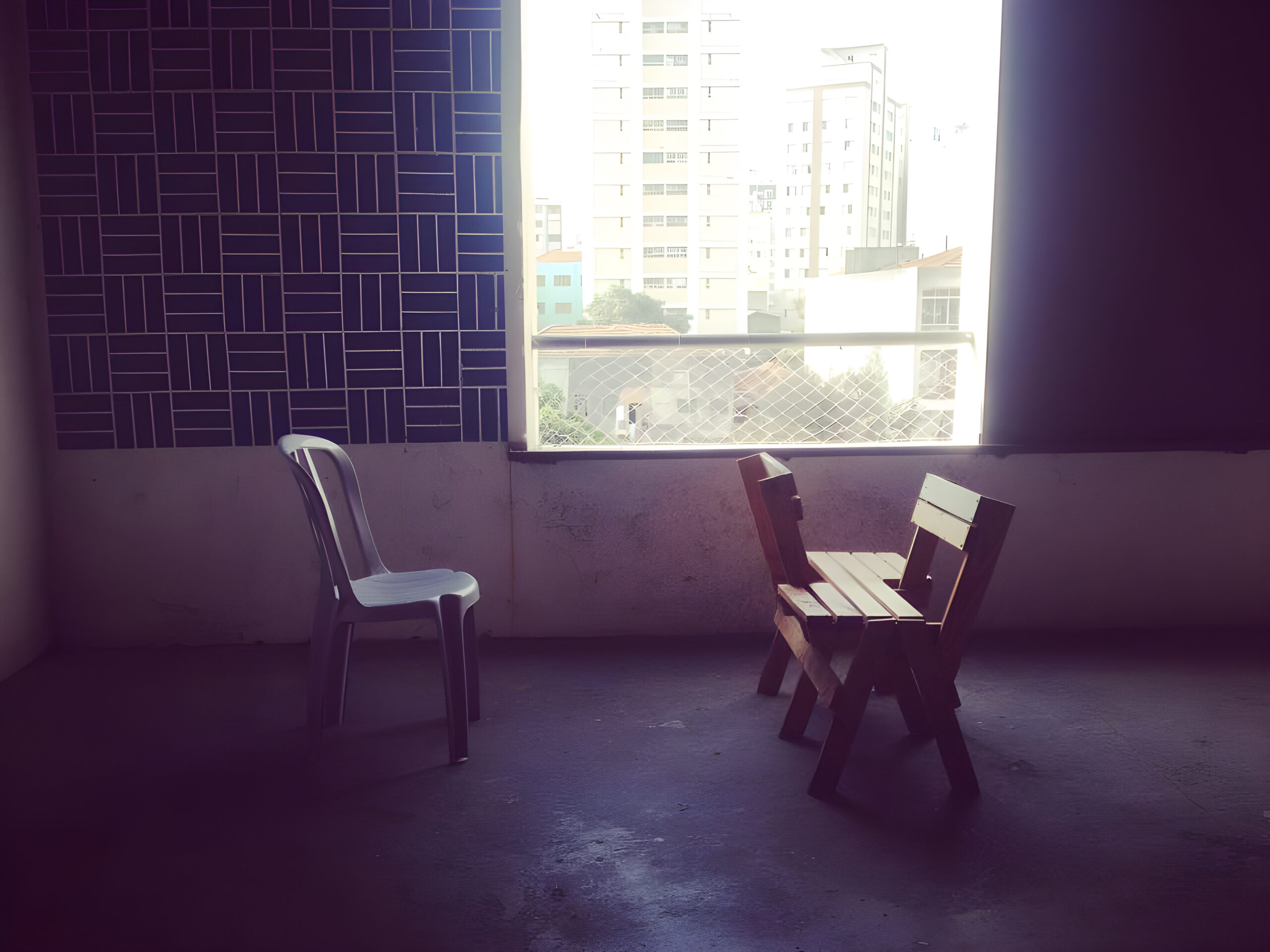‘Is Samba therapy too?’
This last 28th of April celebrated the release of our colleague and ally Kwame Yonatan Poli dos Santos’ book in Rio de Janeiro, Brazil. Unlike usual psychoanalytic book launches, held at bookshops and academic conferences, Por Um Fio: Uma Escuta das Diásporas Pulsionais (By a Thread: Listening to the Diasporic Drives) was welcomed into the world at one of Rio’s most special venues, to the sound of music, dance, food, children play and chatter.
In the port region known as ‘Little Africa’, lined with intricate, albeit impoverished, buildings, we enter the stunning Museum of Afro-Brazilian History and Culture – MUHCAB. The Instituto Pretos Novos (Institute of Research and New Black Memory), situated around the corner from the Museum, is a recent addition to a number of sociocultural enterprises and autonomous spaces, as Kwame reminds us in his book. The Instituto Pretos Novos emerged in 2005 following some devastating findings, in 1996: in a former cemetery (now archaeological site) the people kidnapped and displaced from Africa, who had passed away during the Atlantic crossing to Brazil, had been buried, or, more precisely, dumped. The museum, MUHCAB, was inaugurated only in 2017, along this World Heritage circuit and aims at ‘telling the history of this region which has witnessed the largest landing of enslaved African people in the world, of the important landmarks of affirmation of Blackness in Brazil and of the development of Afro-Brazilian culture, as well as debating concepts that emanate from such narrative and the current situation of Black people in Brazil today’, in their own words.
This affirmation is exactly what went on in a warm Saturday afternoon, extending into the evening, under the sound of a traditional ‘roda de Samba’. Heritage, culture, political truths and complexities converged when Kwame, along with guests Emiliano Camargo David and Raluca Soreanu, pulled out chairs and started talking about the unconscious, racism, psychoanalysis, violence and ‘aquilombamento’ in the patio outside.
Right before the all-ages open mic session, this talk about ‘mental health’ touched several attendees and participants of the launch – some were therapists, analysts and scholars; others were there selling their crafts or enjoying a drink with their friends. There was something familiar being discussed by our colleagues, reaching the whole audience: Languages of resistance, expressions of creative survival and enjoyment, marks of trauma, life, death and love. All such things were around us that afternoon, in the air, in the book. The content of analytic sessions is also the content of hundreds of samba songs, in lyrics, beats and movement gathering and making life possible, always collectively. In a way, samba is therapy too, and launching ‘Por Um Fio’, by Kwame Yonatan, that afternoon at MUHCAB, made complete sense.
Let us enter the book. In an important gesture that is both clinical and critical, Kwame brings us the construction of ‘listening with the eyes’. It is a particular type of listening – the psychoanalyst needs this type of listening to hear the patient’s pain, including the suffering that is an effect of the ‘colonial matrix’. As Raluca Soreanu noted in her commentary on the book, following Kwame’s idea of listening with our eyes, we become part of a relational landscape, of complicated crossings and transpositions of psychic registers, of forms of knowledge, and of forms of eroticism. Kwame writes: ‘The act of speaking and listening involves a negotiation between the speaker and the listener; listening is, in this sense, an act of authorization directed to the speaker. […] In the clinic, we listen with our eyes, because, to listen singularly, it is necessary to invent an organ beyond sensory activity’ (p. 21).
Throughout the book, Kwame argues that the consideration of foreign, disparate, heterogeneous elements is constitutive of psychoanalysis. The book invites its readers to an experiment of hybridization of clinical bases and an expansion of theoretical references, through a transdisciplinary dialogue. It also invites to the production of a clinical dispositif that interferes with the subjective effects of coloniality. Hearing an excerpt of the book, in its ethical vibration, drew the crowd in: there was an important moment of pausing and turning toward it, as those present entered its atmosphere.

Follow on Instagram:

